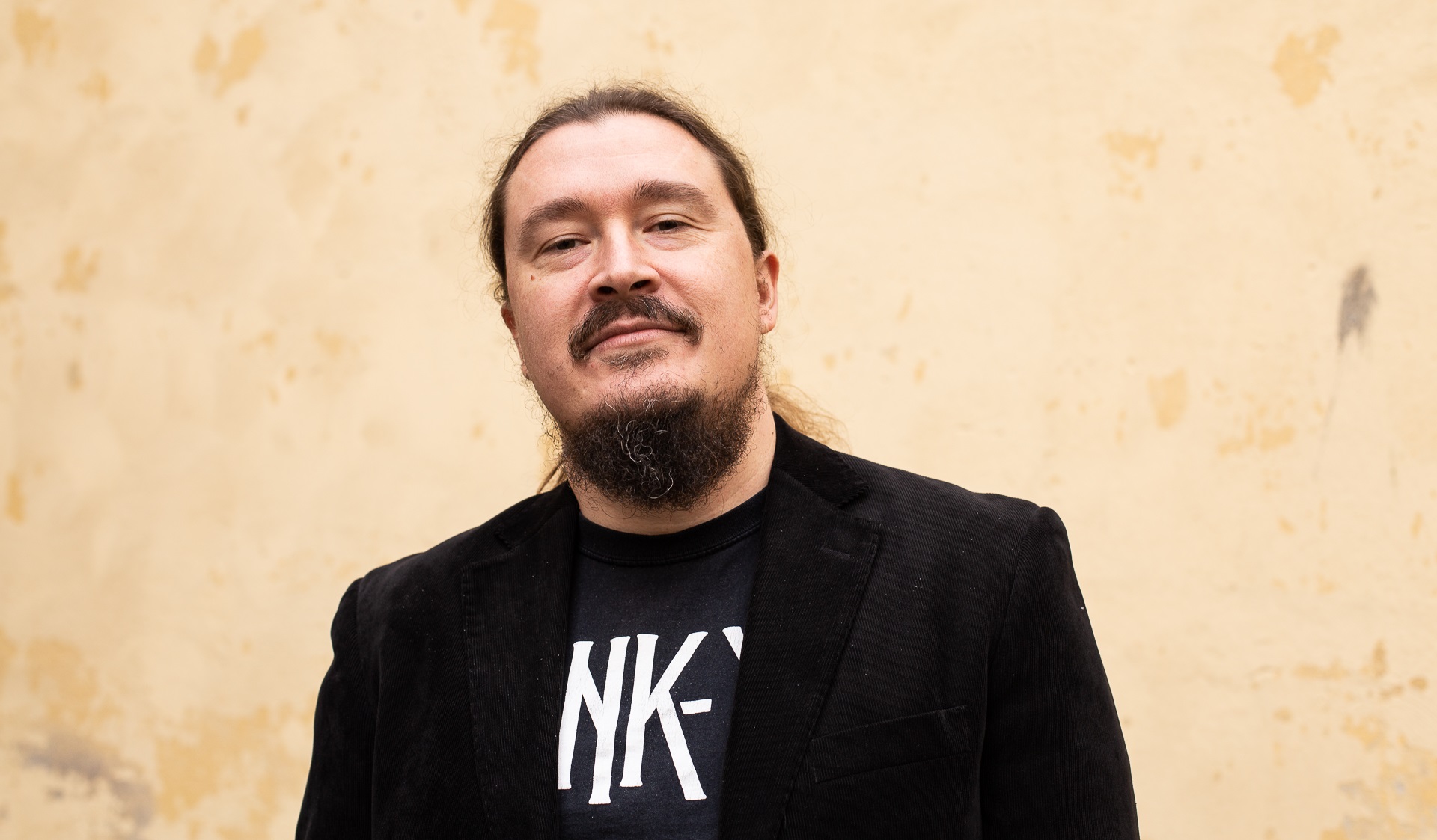In April 1888 Friedrich Engels wrote a letter to budding novelist Margaret Harkness, who had sent him the manuscript of her future debut, City Girl. Discussing the art of the realistic novel, Engels writes: ‘Balzac, whom I consider a far greater master of realism than all the Zolas passés, présents et a venir [past, present and future], in “La Comédie humaine” gives us a most wonderfully realistic history of French “Society”’.
I cannot remember now where I first read this quote, but it was recently on my mind while reading Germinal, Émile Zola’s novel of a miner’s strike that takes place in northern France during the final years of the Second French Empire. I read Balzac’s Old Goriot (1835) several years ago and liked it. I did not like Zola’s Nana (1880) nearly as much, but Germinal (1885), despite a slow start, hit a note. Based on three books from the voluminous oeuvre of both authors, I am not qualified to discuss Engel’s assessment, but both novels made me realise what much of contemporary “literary fiction” seems to be missing.

Looking back at my own reading in the last couple of years, most novels I’ve read take middle-class experience as the standard, unquestioned reality of contemporary life. I loved Jonathan Franzen’s Freedom, because it dissected the middle-class predicament that is closest to mine in tragicomic ways. But the idea of class as such, or the relations between social classes, is absent from it (as far as I remember). Classes, meanwhile, have not gone anywhere, despite the best attempts of right-wing politicians, postmodern theorists, and fashionable sociologists.
That is why Germinal and the now-distant world that Zola conjures for the reader felt so refreshing. The novel is sociologically astute not only in its depiction of 19th century miners and their masters, but for the material it provides for understanding class in the first place. This was Engels’s point as well. He said that Balzac created ‘a complete history of French Society from which, even in economic details (for instance the rearrangement of real and personal property after the Revolution) I have learned more than from all the professed historians, economists, and statisticians of the period together’. Where are the novels that do this in the 21st century?
The modern argument against ‘social realism’ such as Balzac and Zola’s is that it kills the art. Yes, Zola (in Germinal, at least) is often ham-fisted and Balzac overdramatic. Engels, the great socialist revolutionary, agrees that the point of art is not to ‘glorify the social and political views of the authors. This is not at all what I mean. The more the opinions of the author remain hidden, the better for the work of art’. A sociologically interesting novel does not need to be a ‘point-blank socialist novel, a “Tendenzroman”’, as Engels says. But the modern novel seems to be poorer for marginalising other than middle-class experience.
Some recent writing by Zadie Smith, John Lanchester, Tony White, and Colson Whitehead, for example, ignite in me the same sociological spark as Germinal did. There are countless other novels that tackle gender, sexuality, race, and ethnicity (fewer on religion, though). Many of these are masterful studies of human psychology, but I would like to see more writing that lets my sociological imagination fly. As an educator, I also think we need that kind of literature. There are never too many works of fiction that inspire people to think critically about society. (What happened to all the ‘Sociology through literature’ courses?).
Speaking of fact and fiction, I think Engels had a personal bone to pick with Zola. Engels’s best friend and partner in revolution, Karl Marx, makes an appearance in Germinal. While Zola sympathises with the downtrodden, the ideologues of the International are portrayed in a much less positive light. Grumpy Engels probably could not stomach this only two years after his friend’s passing. But as he would probably agree, sociologically insightful literature is not about fitting with preconceived ideas about society. It is about drawing attention to the social part of being human itself.
PS. ‘Where are the novels that do this in the 21st century?’ is a genuine question. I’d love your recommendations.
